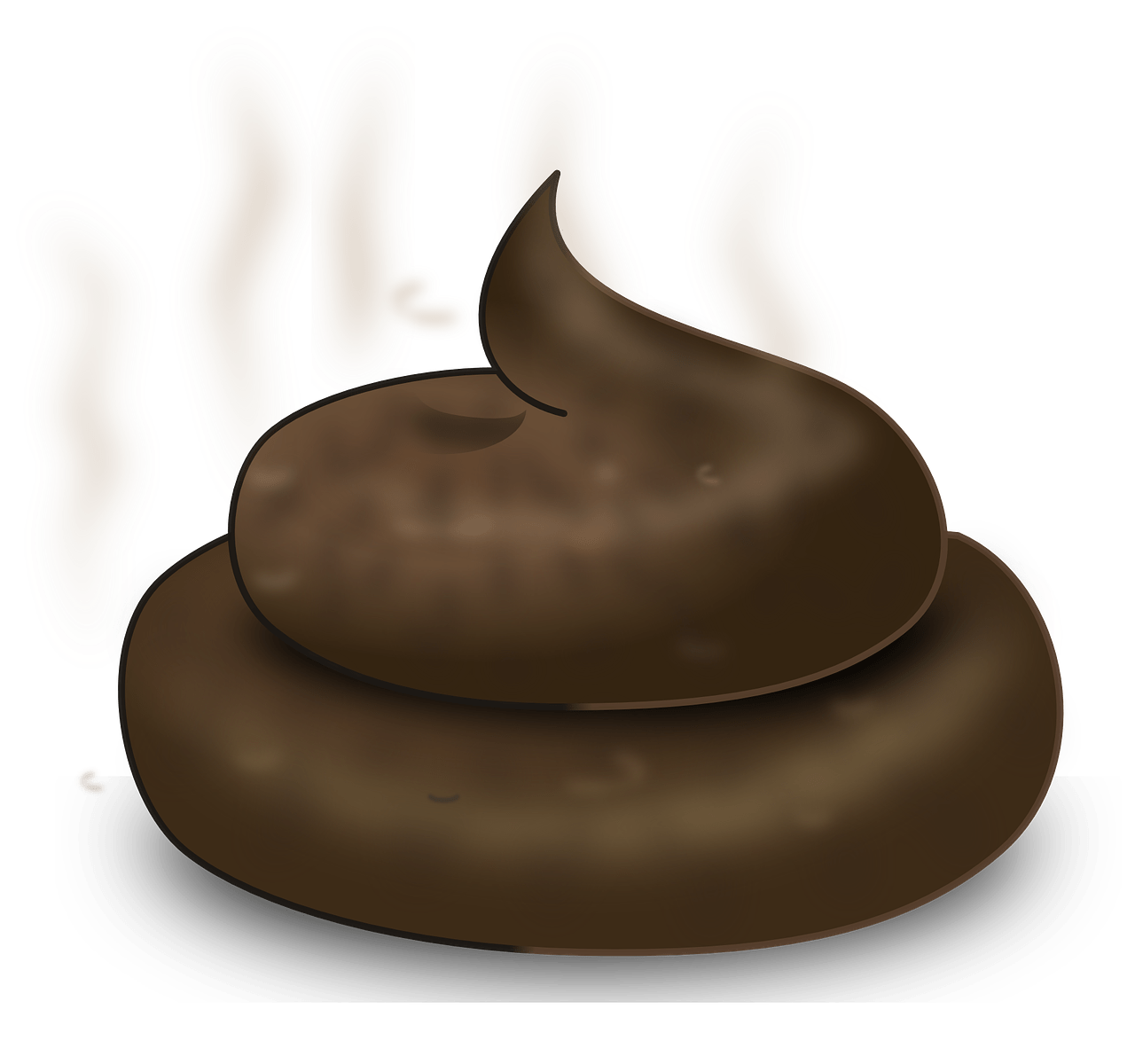We all poop. We go to the bathroom on a daily basis. But not all of us poop in the same way. For starters, women and men have different poop. That is because of anatomical differences, and our GI tracts working differently. Some health experts even say they can perform a colonoscopy and guess the sex of the patient without knowing it beforehand. If that surprises you about human feces, here are some other facts that are just amazing.
Fecal transplant as an effective medical treatment
This one seems crazy. But some five years ago, it was proven in controlled studies. According to research, fecal transplant can be one of the most effective ways to treat C. diff. This is the harmful bacteria that can proliferate in your intestines. How fecal transplant works?
Doctors take healthy person’s poop, and put it in your own GI tract. Now, you should not try this at home. With that in mind, a controlledstudy in 2013 showed that fecal transplants have a success rate of 90% and more. That is higher success rate than any antibiotic. The medical explanation is that C. diff infection is caused by antibiotic indiscriminately killing beneficial bacteria in your intestines. So, re-colonizing your intestines with healthy bacteria will crowd the infection out.
The procedure is so successful, that medicine people are already working on alternate means of fecal transplant. For example, frozen feces or pills that can be taken orally.
Bacteria is responsible for poop, not old food
Many of us thinks that feces is made mostly of used-up remains of the food we ate. In other words, the stuff that makes it through digestion.
But the reality is that while food remains are present, between 50 and 80 percent of feces are made of bacteria that lives in the intestines and was ejected when food passed through. Some of the bacteria in poop is actually alive, and some are dead.
In addition to bacteria, feces contain some of the indigestible plant matter, like cellulose in vegetables, small amounts of your own tissue like intestinal lining cells, and water.
Red blood cells give feces their brown color
A chemical called stercobilin is responsible for giving feces its signature brown color. This chemical ends up in the poop in two ways. First, it is a byproduct of the hemoglobin in broken-down red blood cells. And second, it comes from bile, a fluid secreted into the intestines that helps our body digest fat. When you digestive system is functioning properly, your stool has a “deep chocolatery color, similar of that of melted chocolate”.
When stercobilin is not present, feces take another color. Depending on the condition affecting your body, feces can be grey, yellow, green, or black.
Plant fiber is what keeps you healthy
The key to proper digestion and good feces is large amounts of indigestible plant matter. This plant fiber, which is mostly cellulose, adds bulk to your poop.
In addition to plant fiber, you need a lot of healthy gut bacteria. When you are using antibiotics, your beneficial bacteria suffer. If you are consuming antibiotics, make sure to up your consumption of good bacteria, like probiotics.
Killing your gut bacteria with antibiotics can lead to many health problems, as it allows harmful bacteria to proliferate.
Cellulose is responsible for corn in poop
Many of us have probably seen corn-kennel in poop. The phenomenon is pretty simple. The outside of a kernel of corn is made of cellulose, or that indigestible plant fiber we mentioned earlier. We can digest the inside of the kernel, but the hull makes it through.
It is true for many other parts of plant, like kale stems. However, because of the bright yellow color of the corn, it is easy to spot and stands out.
The benefit of this phenomenon is you can track how long it takes for food to transit through your body. If you want to know the health of your digestive system, or just to satisfy your curiosity, eat some corn, and use corn kernels as a tracker.
Where you live determines your poop
Different diets lead to different poop. And every area of the world has its own specific diet. But what is noticeable is that people living in developing countries have noticeably different poop than those following a Western diet. The reason is the latter contains much less fiber.
People living in developing countries have a fiber-heavy diet. This leads to much denser and bulkier feces. Another benefit, the feces are much easier to wipe, as there is very little need for that. The evacuation is much cleaner. Western-style stools, on the other hand, contain little fiber, they are softer, and the colon has to push harder to get them out.



